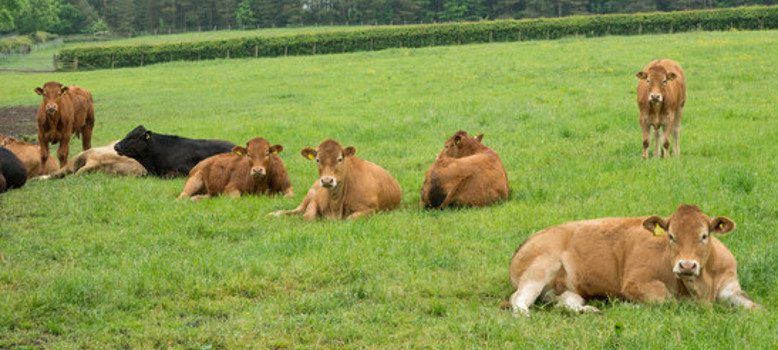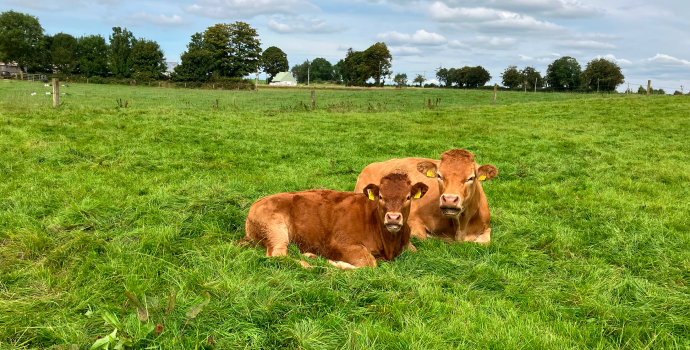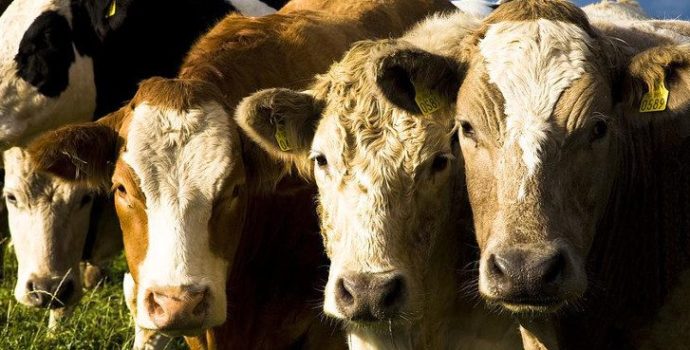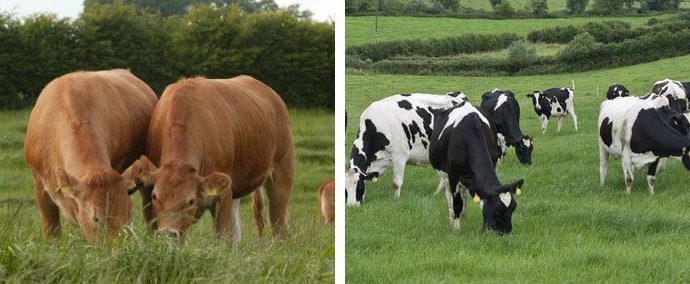
IFA Livestock Chairman Brendan Golden said the announcement by the UK Government of the revised timetable for SPS checks and controls removes uncertainty in our key export for the next number of months.
“Factories can continue to access the market without the uncertainty of the impact of additional checks and controls that were scheduled for April and July. This is a very positive development for beef sales and the clarity must be returned in higher prices to farmers,” he said.
There will be no new impediments to our trade with the UK in the coming months and the strong demand for beef in that market must come through in beef prices.
The additional access to the Japanese market for minced beef is a positive development for beef exports and must translate into higher returns.
Brendan Golden said numbers are tight, the UK supplies are predicted to be down 5% this year and beef sales in supermarkets continue to show both volume and value growth. Prices in the UK are strengthening.
“Easter will increase demand in supermarkets and the gradual re-opening of the food service sector as vaccinations are rolled out will further increase demand for beef,” he said.
The latest Prime Export Benchmark price shows continued growth in our key markets for beef, rising by a further 1c/kg to €3.83/kg. The Irish Prime Composite price rose by 2c/kg for the same period to €3.71/kg.
The IFA Livestock Chairman said this still leaves an unacceptable price gap of 12c/kg which must be closed.
Brendan Golden said factories have no excuses left. The uncertainty of access issues to the UK market has been removed, demand is strong and prices are rising across our key markets.
He said factories are paying €3.80/kg for steers, up to €3.90/kg for heifers and are prepared to do deals for larger numbers above these levels including paying increased breed bonuses.
Young Bulls are making €3.70/kg to €3.95/kg, cows are making €3.00/kg to €3.50/kg depending on grade.
Brendan Golden said farmers should demand immediate price increases to reflect the strength of the market; the removal of Brexit uncertainty; and the growing demand for beef.




